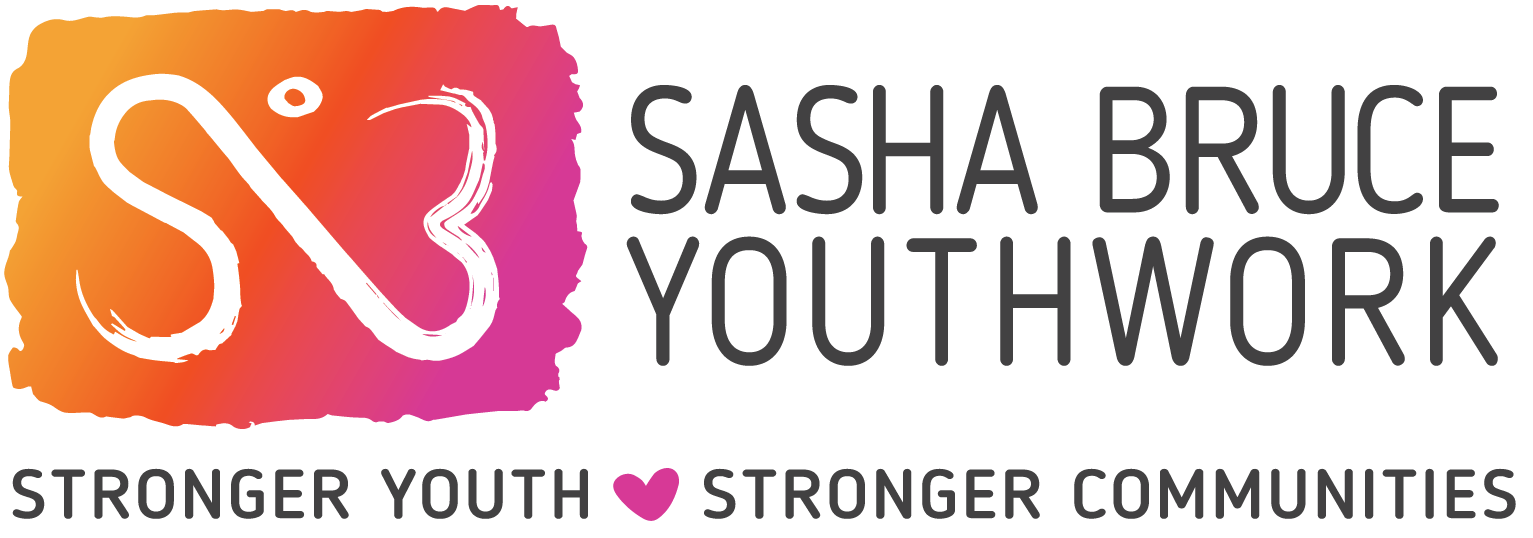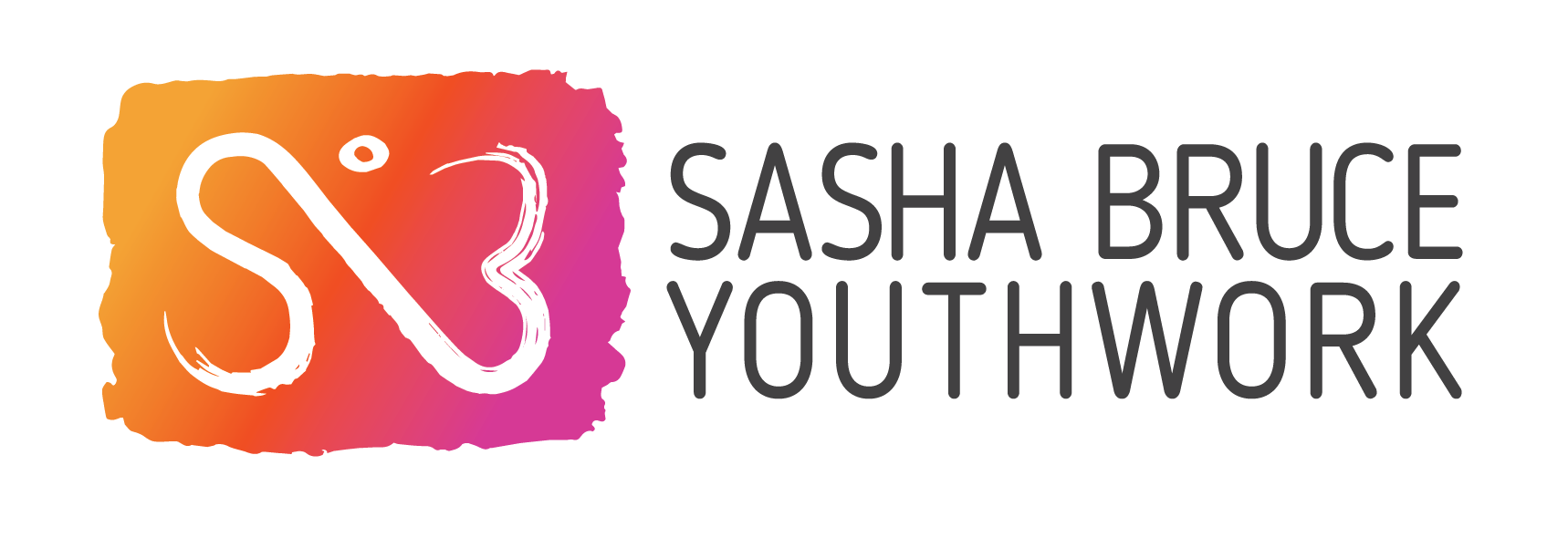A newly released report covered by the Washington Post, details the educational challenges faced by children who have experienced trauma. How should DC schools be equipped to handle these challenges? Read on to learn more.
June 25th, 2015, The Washington Post reported on a newly released study from DC Children’s Law Center, Addressing Childhood Trauma in DC Schools. As reported by Michael Chandler, youth who experience trauma find challenges within educational settings.
The newly released report retold a story that those of us within youth-serving organizations in Washington, DC know well.
In the city, “1 in 4 children live in poverty, with household incomes of less than $24,000 a year. In Wards 7 and 8, the poverty rate is close to 50 percent.” The wide gaps within the District are shown clearly in the fact that 1 in 4 children live in poverty, and that the vast majority of those living in poverty are found in concentrated areas. The question then moves to, “How can we offer support to students in these areas, and equip them with necessary supports that can allow for high levels of success?” The answer may be more difficult than more money or more programs, but rather a more focused, trauma-informed approach that empowers developing youth.
But poverty rates are not the end of the story, because areas where youth are experiencing poverty, may also be the areas where youth experience homelessness. “Last school year, about 4,000 D.C. public school students were homeless,” the newly released report says. When children have been through trauma (whether one or more experiences), they “often feel unsafe and can’t concentrate; they may be withdrawn or have a strong emotional reaction to something seemingly harmless”.
DC Council member David Grosso, chairman of the Committee on Education, has become a proponent of changing this narrative we hear far too often; one where youth are undeserved and, of no fault of their own, are found in situations that allow for minimal success and support. The Council member has said “that improving mental health services for the city’s youths would be a top priority.” And in this, the possibility of a solution is uncovered.
Schools that are “trauma-sensitive” are said to improve academic achievement and engagement. Why? Because children feel safe and able to “build supportive relationships with school staff”. This kind of sensitivity and training, for school staff and teachers, helps reshape the way we think, says Judith Sandalow, the Executive Director of D.C. Children’s Law Center.
Where do we go from here?
In the District, more than 440 educators have been trained “on trauma-specific therapies, and social workers in schools have increased the number of clinical services they provide”. And yet, the report also says this: “there is no systemwide coordination of such training or services.”
There is certainly room to grow, but the information points us forward. In order to support youth in our city, we must take action and become aware of our part in the solution. Sasha Bruce Youthwork Executive Director Debby Shore commented on the report saying, “Trauma-informed approaches have been central to Sasha Bruce’s work in the community for over 40 years, and to see this brought to light by the report and Washington Post article is encouraging. We must listen to the voices of our youth and respond together”.
__
Sasha Bruce Youthwork provides services to homeless and disconnected youth throughout the D.C. Metropolitan area. For help contacting our emergency shelter or resources, look through our programs at sashabruce.org, or call 202-675-9340. To stay connected, like us on Facebook, Twitter, or Instagram.


